TAIPEI, Taiwan—The threats posed by the Chinese regime and the importance of Taiwan in the Indo-Pacific region were spotlighted during a regional forum hosted by U.S. officials and Taiwanese government officials on Oct. 7.
And for the first time, Taiwan’s foreign minister confirmed that the Chinese regime had plans to increase their military presence in two Pacific nations that recently cut diplomatic ties with Taiwan, warning that those projects could threaten U.S. security interests in the region.
Forum
The inaugural forum was hosted by Taiwan’s foreign ministry and the American Institute in Taiwan (AIT), the U.S. government’s de-facto embassy.Oudkirk emphasized the importance of Taiwan to the region’s stability: “The United States has always emphasized how much Taiwan contributes to its diplomatic partners, its neighbors, and to the international community. Taiwan is a reliable partner and a responsible stakeholder.”
The United States currently has no formal diplomatic ties with Taiwan, since Washington changed its diplomatic recognition in favor of Beijing in January 1979. But the United States has maintained a non-diplomatic relationship with Taipei based on the Taiwan Relations Act (TRA), under which the United States supplies Taiwan with arms for its self-defense.
“Taiwan is a force for good in the Pacific and in the world. That is why we firmly support Taiwan’s relationships with Pacific Island nations,” Oudkirk said.
China
Christensen also made a swipe at China.“Taiwan’s development assistance, in contrast to China’s debt-trap development model, focuses on sustainable, cost-effective projects that deliver tangible improvements to individuals and their communities,” he said, making an indirect reference to China’s flagship foreign policy initiative of One Belt, One Road (OBOR, also known as Belt and Road), whereby Beijing finances infrastructure projects around the world in an effort to build up geopolitical influence.
OBOR has been criticized for pushing developing nations into heavy debt. For example, in 2017, after the Chinese built the Hambantota Port as an OBOR project, Sri Lanka transferred the port’s ownership rights to China for 99 years, as a partial debt settlement.
Wu also confirmed that Beijing’s diplomatic pressure toward the Solomon Islands and Kiribati had ulterior motives.
“We have seen reports that China is interested in reopening this radar station in Kiribati, and building a naval base in Western Province of Solomon Islands,” he said, warning that the station could be used to monitor U.S. satellites and missiles activities.
He added: “I certainly don’t want to see the Pacific turned into another South China Sea, with us one day all sighing that it is too late for us to do anything.”
Beijing has constructed artificial islands equipped with naval and air bases in the South China Sea, particularly in the area surrounding the Spratly and Parcel Islands, to exert its territorial claim over islands, reefs, and rocks in the waterway—which are also claimed by Southeast Asian countries and Taiwan.
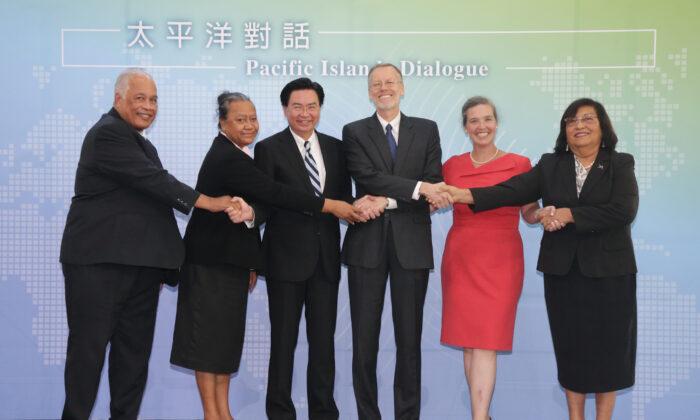

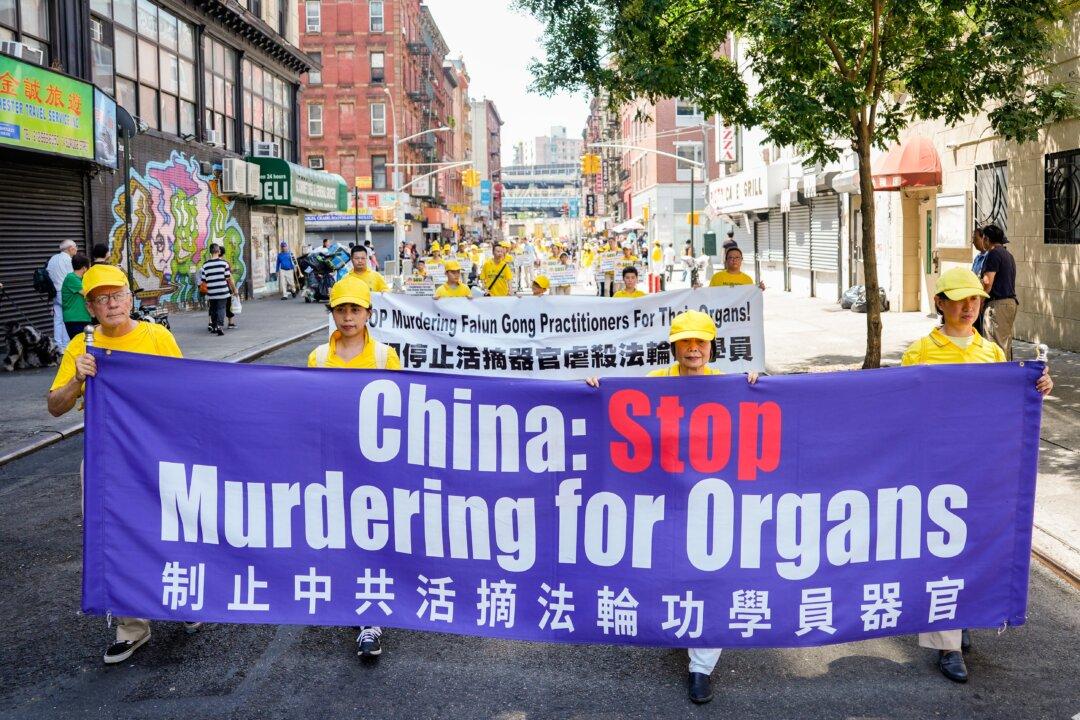
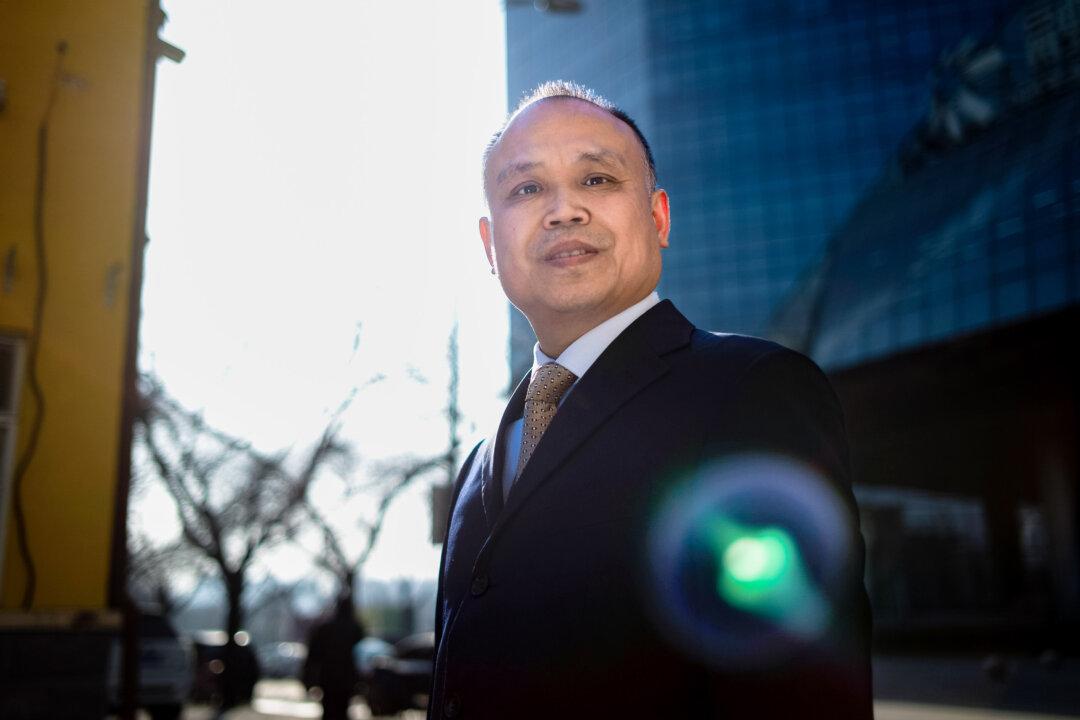
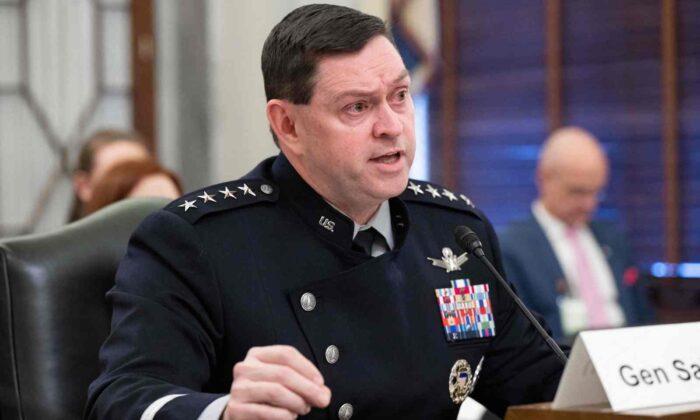
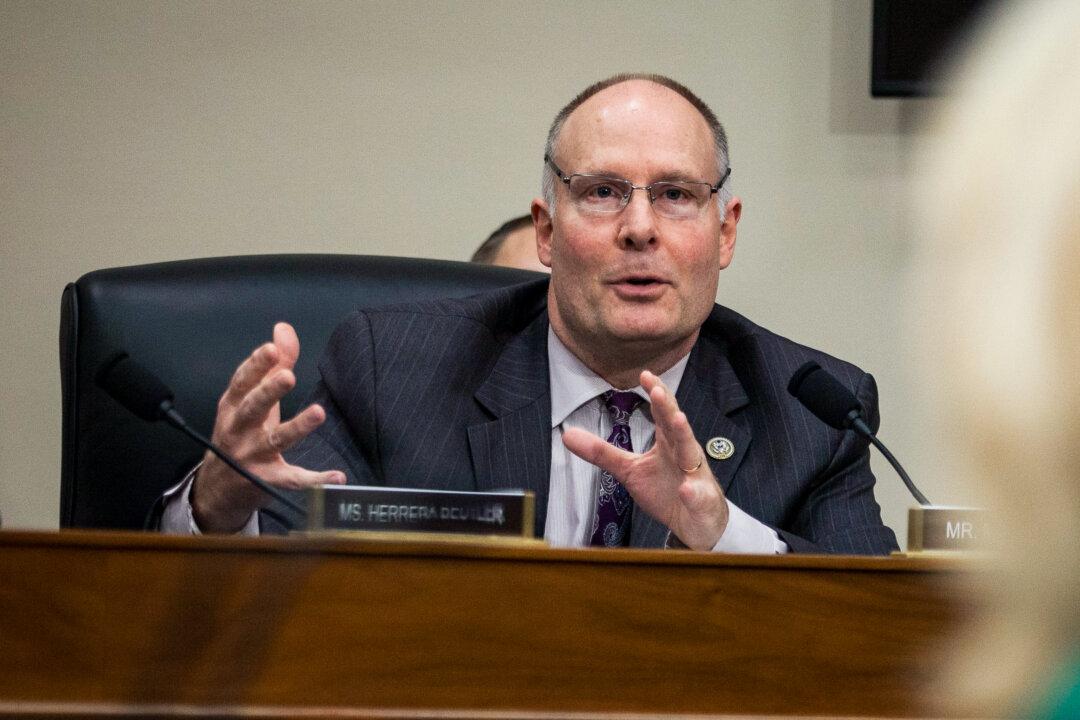
Friends Read Free